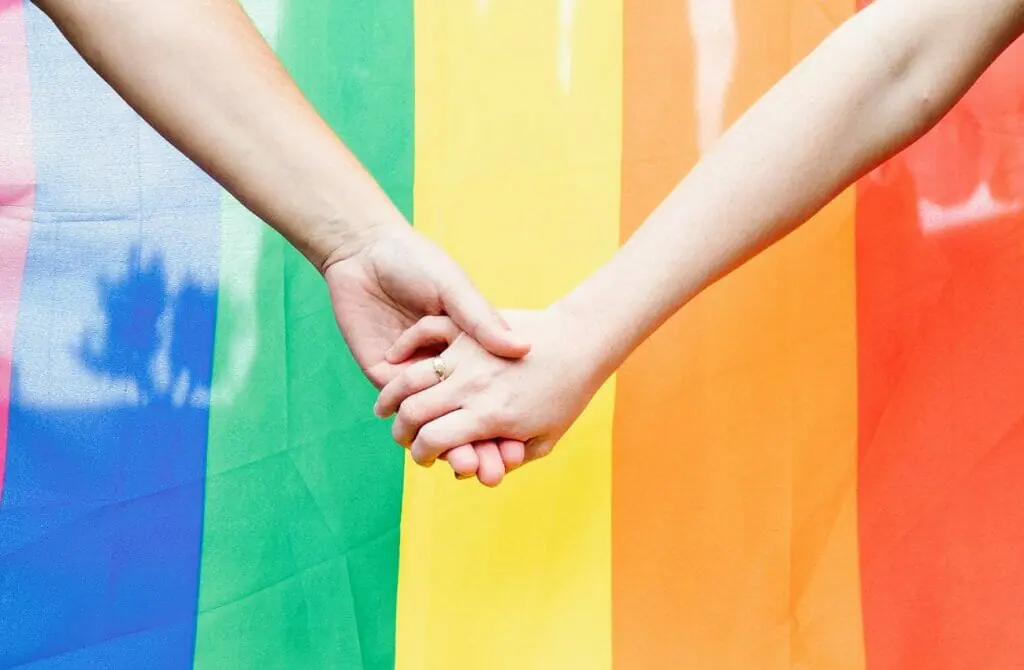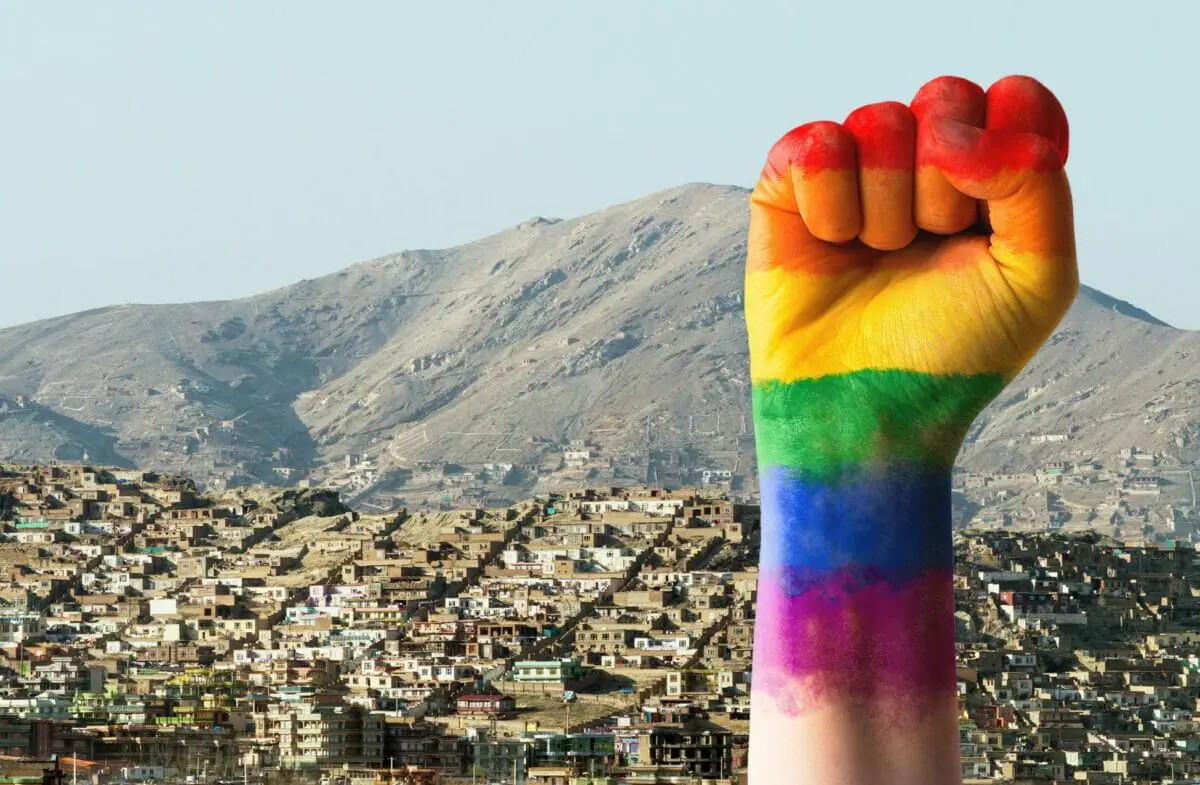LGBT rights in Afghanistan have been a contentious issue in recent years, with the situation for local individuals within the community remaining precarious. The legal and social barriers to acceptance and visibility affect not only local people but also tourists visiting the country.
It is essential for visitors to be aware of the local context and to exercise caution when discussing or expressing their sexual orientation or gender identity.
Due to Afghanistan’s conservative social climate and adherence to Islamic morality, advocacy for LGBT rights has been quite challenging. While several international organizations champion human rights causes, including LGBT rights, in the country, the scope for local advocacy remains limited.
Nevertheless, it is important to be aware of the work of these organizations and to support their efforts to advance rights and protections.
The situation in Afghanistan is fluid and can change rapidly, rendering information or advice outdated. Therefore, individuals considering travel to the region, particularly those from the LGBT community, should consult updated advisories and resources before embarking on their journey. Remaining vigilant and attentive to shifting contexts is essential to ensure the safety and well-being of all travelers.
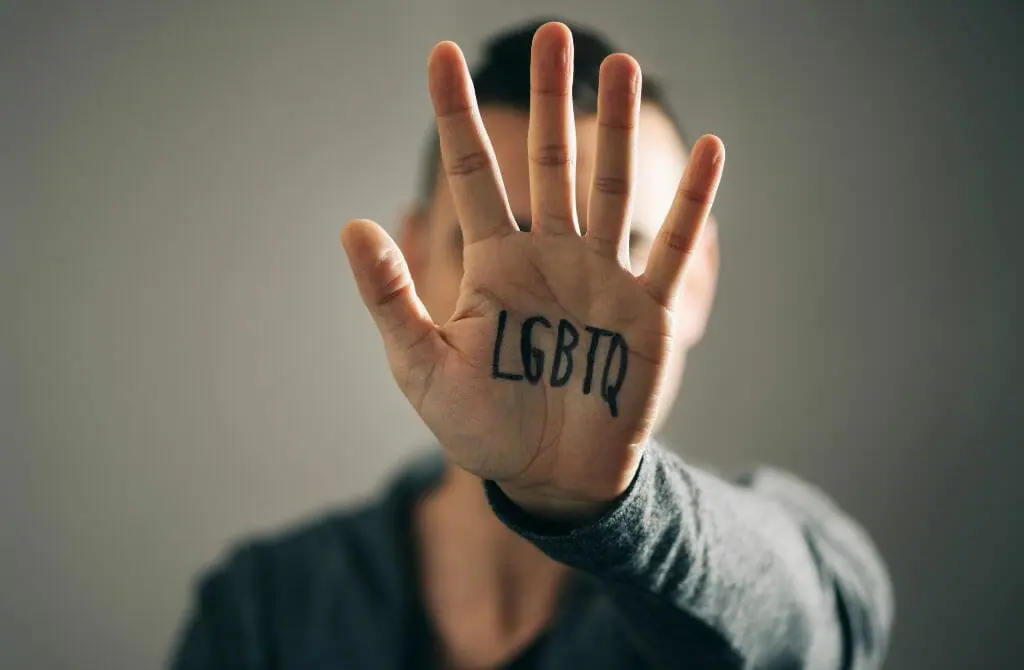

History Of LGBT Rights In Afghanistan
The history of LGBT rights in Afghanistan has been a challenging and tumultuous one. Historically, the society’s strict cultural and religious norms have made it difficult for LGBT people to gain recognition and protection from human rights abuses.
In the Islamic Republic of Afghanistan, which governed most of the country’s territory until 2021, homosexuality laws were vague. It was not directly illegal, but it could be punished by unofficial Sharia courts or related crimes, such as extramarital sex.
Over time, international human rights organizations like OutRight Action International have highlighted the plight of LGBT people in Afghanistan, shedding light on the discrimination, assault, and rape they face. In a 2020 US State Department report, it was noted that LGBTQ people in Afghanistan faced significant difficulties, including harassment and arrest by authorities.
The situation for LGBT individuals has become increasingly dire since the Taliban’s takeover of Afghanistan in 2021. The extremist group has targeted LGBT individuals as their ideology strictly prohibits homosexuality, and those perceived as non-conforming to rigid gender norms face an increased risk of violence and persecution.
While advocacy groups such as Rainbow Railroad have been trying to secretly help and bring LGBT people to safety, many are still left behind, forced to hide their identities to avoid persecution. It is important for anyone traveling to Afghanistan to be aware that situations can change rapidly, and seeking current advice before traveling is crucial.
Staying in contact with local and international advocacy groups, being vigilant about the changing conditions, and erring on the side of caution are steps that must be taken to protect those within the LGBT community and their allies. As the history of LGBT rights in Afghanistan continues to evolve, it is vital for continued efforts from both local and international organizations to ensure the safety and rights of LGBT individuals are protected and upheld.
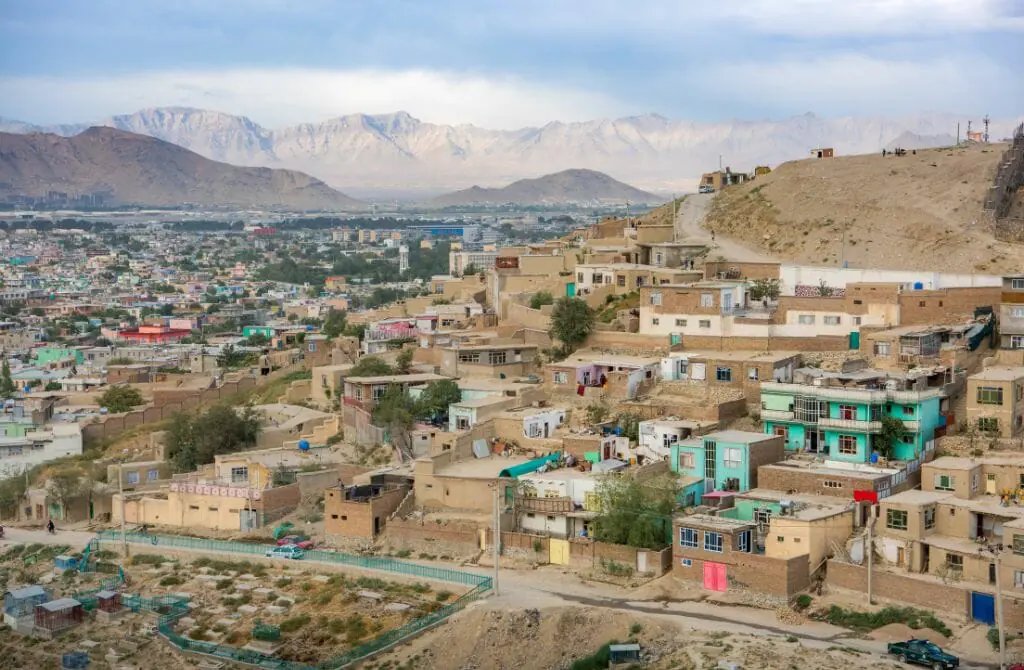
The LGBT Legal Situation In Afghanistan
In Afghanistan, the legal situation for LGBT individuals has long been challenging and uncertain. Under the previous Afghan Penal Code, same-sex relationships were highly criminalized, and LGBT people faced several forms of severe punishment, including stoning and torture. Sharia law, which can be strictly applied in Afghanistan, also prescribes death penalties for individuals who engage in extramarital relationships or commit adultery.
Same-sex relationships were deemed illegal, and those suspected or accused of being LGBT faced expulsion from society, forced marriages, and even violence. It is crucial to note that the legal landscape can change swiftly, and outdated information should be corroborated by seeking out current advice before traveling.
The situation has been further exacerbated since the Taliban’s rule resumed in 2021. Under the Taliban’s interpretation of Sharia law, same-sex sexual activity continues to be punishable by death. The extremist group has made repeated pledges to respect human rights; however, they have engaged in widespread rights abuses, such as revenge killings and systematic discrimination against vulnerable populations, including LGBT individuals.
It is important for those reading about or intending to travel to Afghanistan to remain cautious and vigilant. Regardless of the country’s location, there are always individuals who might harbor malicious intentions or hold hostile attitudes toward LGBT people.
To stay safe and up-to-date, consider connecting with LGBT advocacy groups and consulting with international human rights organizations, which can provide relevant and timely information on the situation for LGBT individuals in Afghanistan.
In conclusion, the legal situation for LGBT people in Afghanistan remains highly precarious, particularly under the current Taliban rule. Both local Afghan people and tourists who identify as LGBT must be aware of the risks they face and exercise vigilance, particularly in the rapidly changing legal and political landscape of the country.
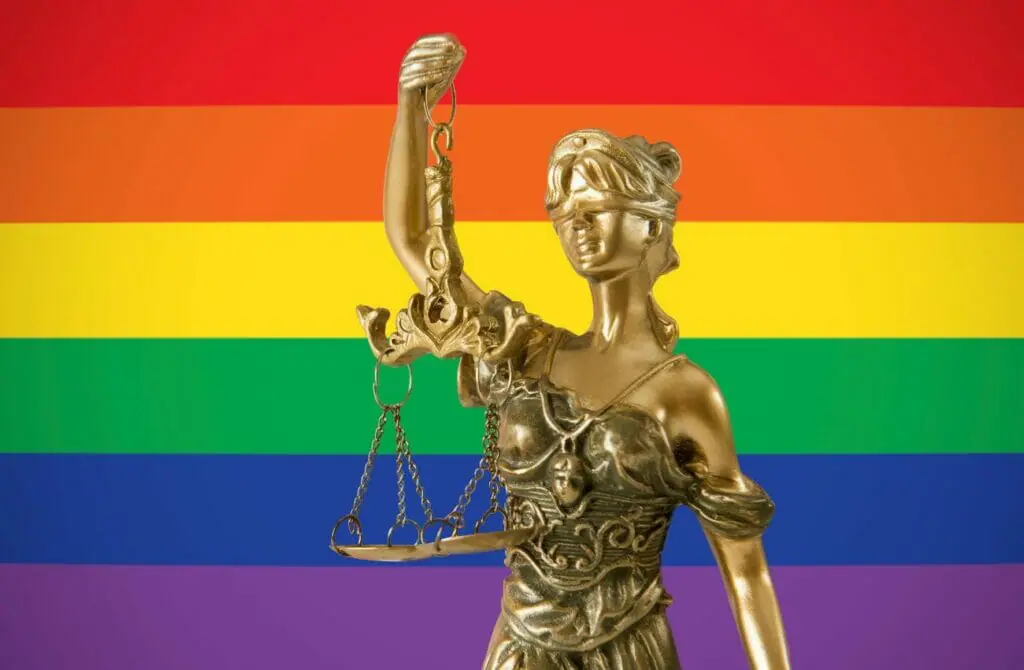

The LGBT Social Situation In Afghanistan
The social situation for LGBT individuals in Afghanistan is highly challenging and precarious. Homosexuality is viewed as a taboo subject, heavily influenced by strict gender norms and traditional values. This leads to a pervasive atmosphere of fear and discrimination, particularly against local LGBT individuals.
In terms of media and free expression, there is little to no representation or discussion of LGBT issues in mainstream media. Social media platforms can serve as a means for individuals to connect and share experiences, but they can also act as a double-edged sword, exposing those using them to harassment, persecution, and targeted violence.
LGBT people in Afghanistan, both locals and tourists, face significant risks to their safety, including harassment, assaults, and rape. Afghan authorities have been known to discriminate against and arrest individuals based on their sexual orientation or gender identity, exacerbating the dangers they face.
In this constantly changing and unstable environment, it is important for LGBT individuals to stay informed and seek out current advice from local advocacy groups, such as the Human Rights Campaign and Rainbow Railroad, before traveling or engaging in any activism. These organizations focus on protecting the rights and safety of LGBT individuals and can provide critical support if necessary.
Taking precautions, remaining informed, and exercising caution can help mitigate some risks; however, it is essential to recognize that there are always bad actors and unforeseen dangers. As such, vigilance is crucial for the safety of LGBT individuals in Afghanistan.
Given the severity of the social situation in Afghanistan, it is important for international organizations and allies to continue pressuring the Afghan government and the international community to improve the protection of LGBT rights and safety within the country.
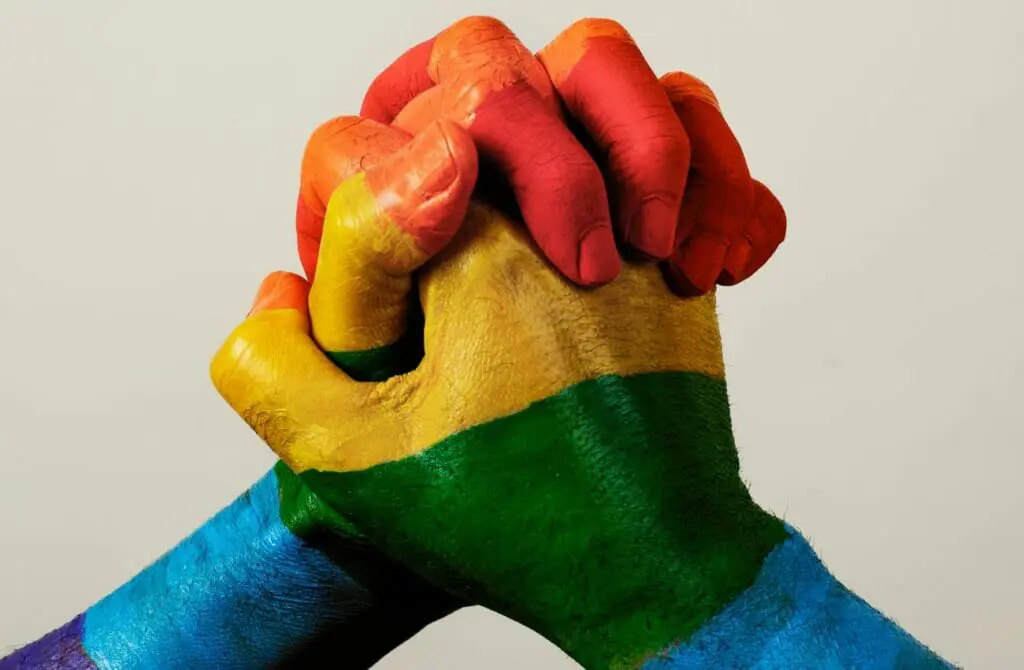
Trans Rights In Afghanistan
Transgender individuals in Afghanistan face immense challenges in their daily lives due to their gender identity. Life for transgender people in the country has been extremely difficult, even before the recent resurgence of the Taliban. They often face harassment, intimidation, persecution, and even violence.
The situation for transgender and LGBT individuals in Afghanistan can change rapidly, so it is crucial to remain vigilant and seek current advice before traveling. Local people, as well as tourists, should be aware of the challenges LGBT individuals face in the country and act cautiously to protect themselves. It is important to note that there are always bad actors in every country, so staying alert and informed is essential.
Sexual orientation and gender identity are not topics that are openly discussed in Afghanistan, leading to increased difficulty for transgender individuals to access support and protection. Some transgender people engage in sex work to survive despite the extreme risks involved. This further exposes them to violence and abuse, making their situation even more precarious.
LGBT advocacy groups and organizations, such as the Human Rights Watch, have documented various abuses faced by LGBT individuals in Afghanistan, including sexual violence and forced marriages. These groups continue to work towards raising awareness of the plight faced by the transgender community in the country.
In conclusion, transgender individuals in Afghanistan face an increasingly dire situation due to the lack of rights, support, and protection for their gender identity. The rapidly changing political landscape makes it crucial for everyone to stay informed and be cautious of the potential dangers they may face. Connecting with relevant LGBT advocacy groups and remaining vigilant can help ensure a safer environment for transgender and LGBT individuals in Afghanistan.


The Future For The Queer Community In Afghanistan
The future of LGBT rights in Afghanistan remains uncertain under the Taliban regime. The previous government, led by President Ashraf Ghani, faced severe legal challenges and discrimination against LGBT residents. However, since the Taliban takeover, the situation has worsened, with most LGBT Afghans going into hiding due to fear of persecution.
Under the new regime, state institutions have been significantly impacted, leading to a decrease in freedom of expression, particularly for the LGBT community. Local LGBT people, as well as potential tourists, should be aware of this changing landscape and exercise caution when discussing their identity or engaging with others.
It is essential for those within Afghanistan or considering travel there to stay up-to-date with the current circumstances, as situations can change rapidly. Consulting reliable sources and seeking advice from relevant LGBT advocacy groups is highly recommended.
Some organizations, such as Rainbow Railroad and OutRight Action International, have been working secretly to provide assistance to LGBT Afghans, helping them find safety and relocate when necessary. These groups can be a valuable resource for those in need, but it is crucial to understand that their ability to help is limited in the oppressive environment created by the Taliban regime.
In conclusion, the future of LGBT rights in Afghanistan is currently uncertain, and individuals should remain vigilant and cautious. Ongoing support from advocacy groups and the global community is essential in these trying times.
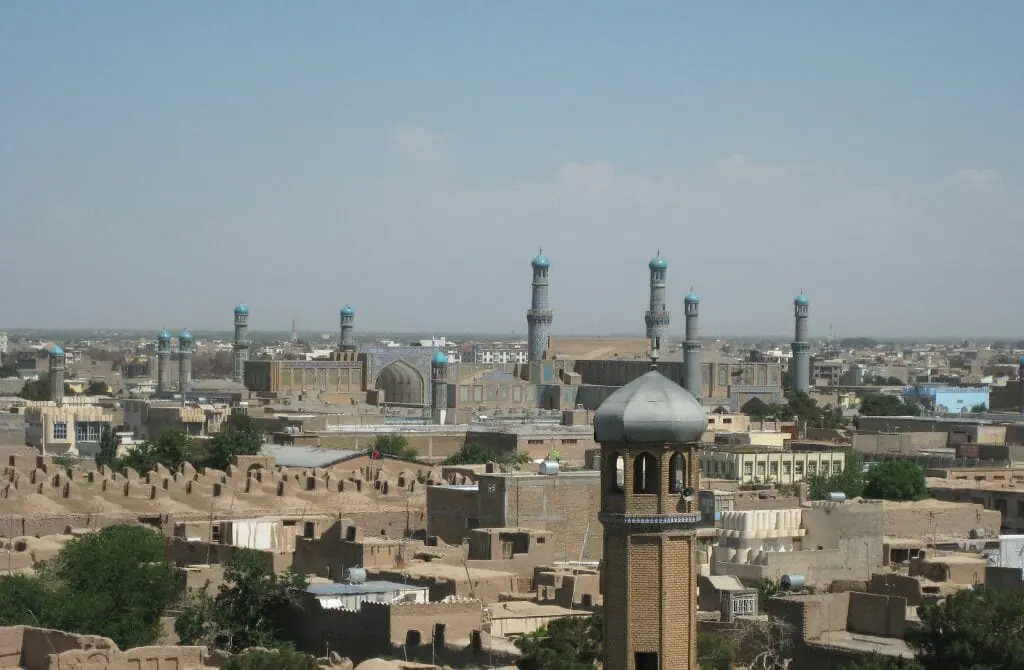
Protect Yourself While Travelling In Gay Afghanistan
In Afghanistan, the safety and protection of LGBT individuals are major concerns. The country’s legal framework enforced by the Taliban severely threatens the lives of people within the LGBT community. To remain safe and protect themselves from harassment, intimidation, persecution, violence, or even death, local LGBT individuals must often conceal their gender identity and sexual orientation.
Tourists and visitors identifying as LGBT should also exercise caution while traveling within the country. Situations in Afghanistan can change rapidly, and it is essential to stay informed about current events. Seeking advice from the local embassy or consulate before traveling to the country is highly recommended.
The role of organizations like Human Rights Watch and Rainbow Railroad is crucial in such a situation. They help to evacuate and protect LGBT people from violence and abuse by facilitating their resettlement in safer countries. Asylum and resettlement are often the only viable options for those living under the constant threat of arrest, assault, or worse.
For local Afghan LGBT individuals seeking protection from the harsh environment, contacting NGOs or international LGBT advocacy groups can be a critical lifeline. These organizations can provide guidance, resources, and assistance in identifying safe and legal pathways to evacuate if necessary.
Refugees’ resettlement requires sponsorship and support from individuals or organizations in the receiving country. The global community must come together to ensure that these individuals are adequately protected and given the opportunity to live in a safe environment.
While keeping a low profile is crucial for locals and tourists alike, it is essential to build a network of allies and support individuals within the country. The collaboration of like-minded individuals, organizations, and communities can help to create safe spaces for LGBT people, even in this hostile environment.
Remember, situations can change quickly, and information can become outdated. Remain vigilant, stay informed, keep a low profile, and seek guidance from trustworthy organizations when needed.
